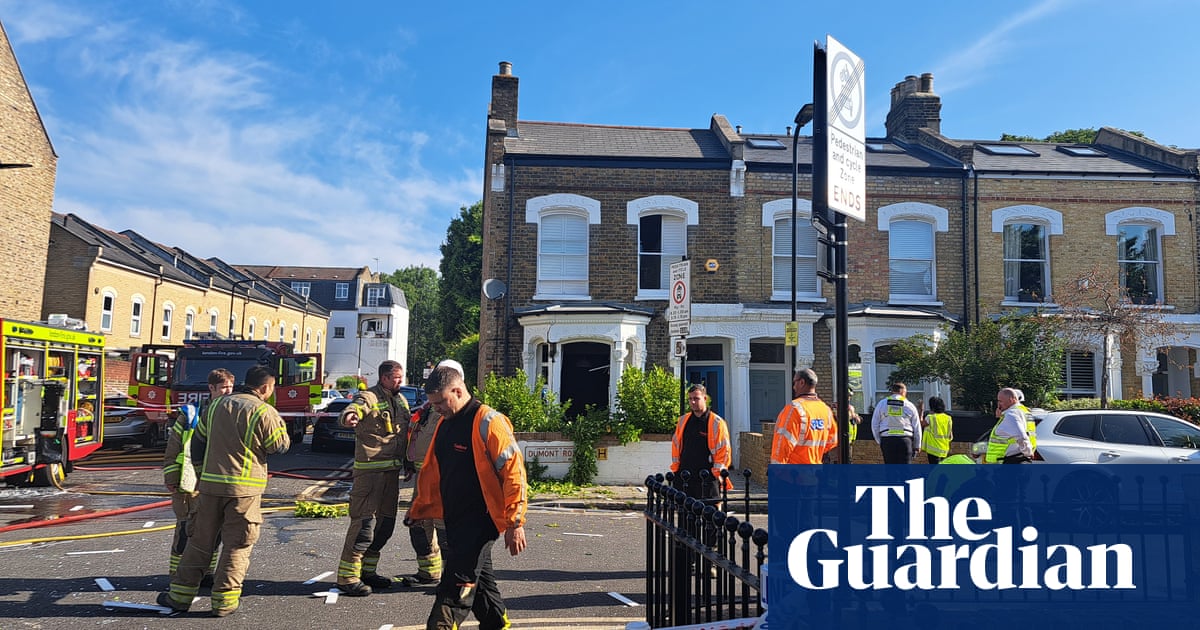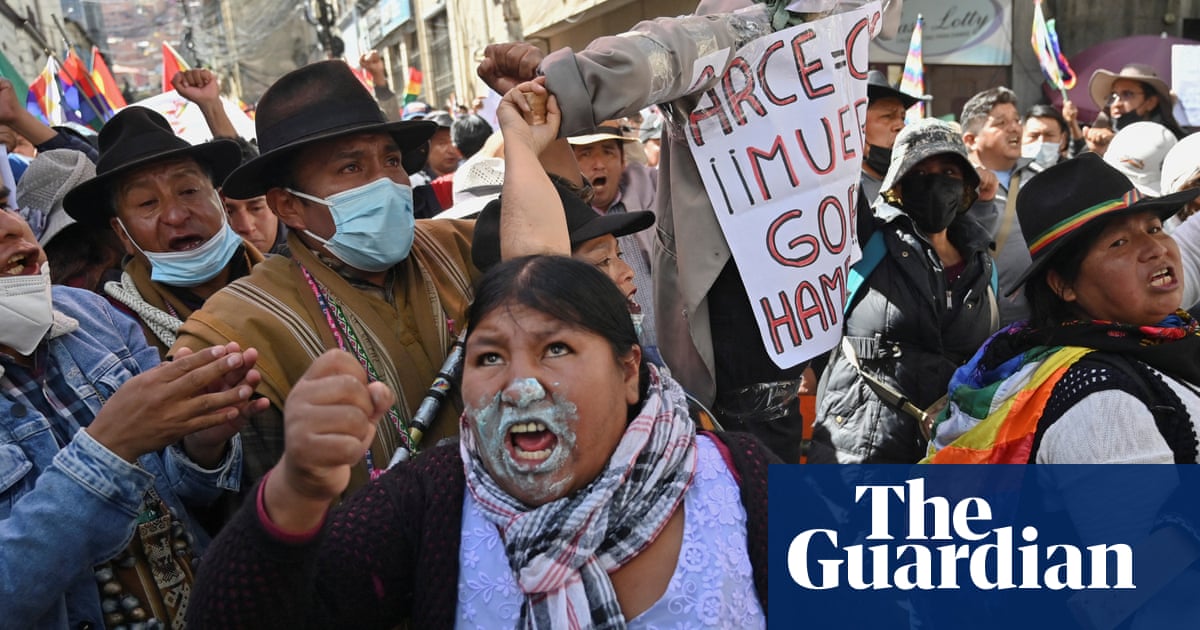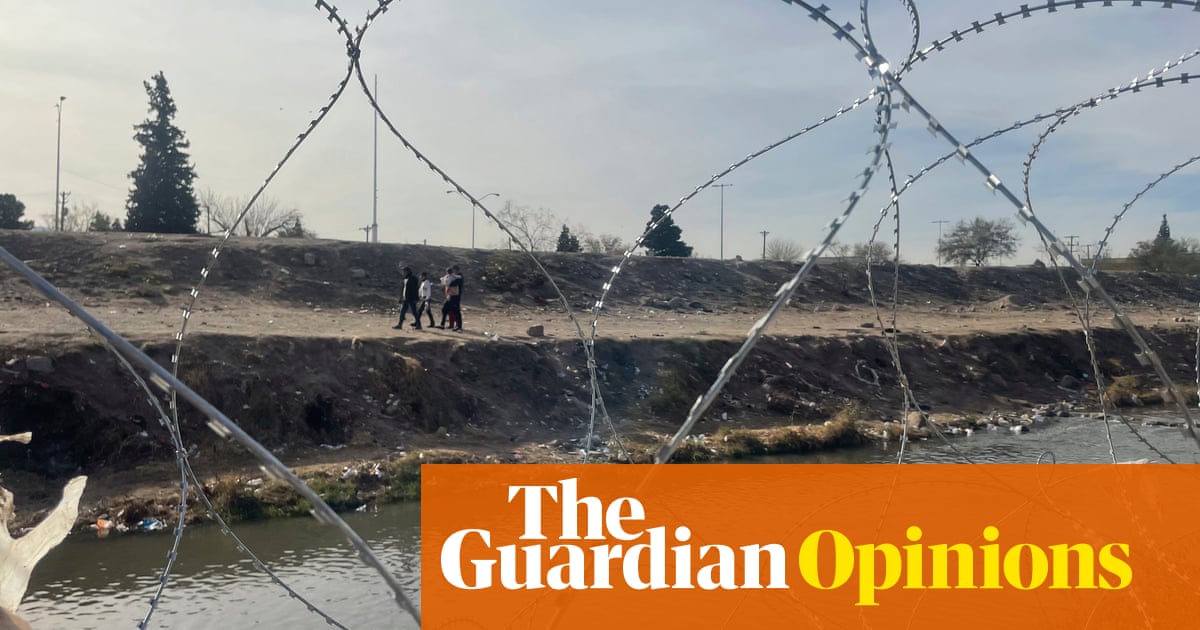People displaced from their homes alongside the site of an oil pipeline under construction in Uganda have complained of being inadequately rehoused or compensated.
When completed, the East African crude oil pipeline (Eacop) will transport oil from the Tilenga and Kingfisher oilfields in western Uganda to the port of Tanga in Tanzania.
The project – a partnership of the governments of both countries, the French oil company TotalEnergies, and China National Offshore Oil Corporation – has been touted by Uganda as transformative for the country’s economy. However, from the start, it has faced criticism over its potential impact on important ecosystems and displaced people.
About 13,000 people in Uganda and Tanzania have been displaced by the pipeline. Those obliged to move were given the option of resettlement or cash compensation.
On Tuesday, Haki Defenders Foundation, a Kampala-based nonprofit, and the University of Sheffield released a report based on interviews with 100 people affected by the pipeline in Uganda, including those whose land had been compulsorily acquired.
The researchers found that although the project included a resettlement plan in accordance with local laws and international best practices that emphasise restoration or improvement of livelihoods, many people reported unfair and inadequate compensation and a lack of transparency.

Those who chose resettlement moved to designated areas such as the Kyakaboga resettlement camp. The researchers found people were given uniform houses, regardless of household sizes, meaning larger households are overcrowded. A typical resettlement house consists of one bedroom and a living room.
The researchers also found that the resettlement sites lack basic infrastructure, with people having to travel long distances to access water, markets and medical facilities.
Among those who chose cash compensation, the researchers found many had felt under pressure to accept terms they did not fully understand due to language barriers and a lack of access to legal advice.
The report says that many people found the monetary compensation inadequate to secure new land or rebuild their livelihoods. Land was often undervalued, and compensation for residential structures was calculated based on government rates that did not account for regional variations or actual rebuilding costs.

In September, the Uganda government took landowners who refused to move to court.
Spokespeople for Eacop, TotalEnergies and the Ugandan energy ministry did not respond to requests for comment from the Guardian.
Eacop has previously said it was “committed to world-class environmental and social compliance” and was carrying out land acquisition “in compliance with national laws and the applicable international standards”.
Jonathan Silver, a professor of urban geography at the University of Sheffield and co-author of the study, said the research aimed to show how large-scale infrastructure projects affected lives. “We cannot forget the lived experiences of those displaced,” he said. “We should pay attention to the ways in which projects such as Eacop cause a spectrum of harm.”
A total of 6.5bn barrels of crude oil were discovered in western Uganda in 2006. According to an analysis by the Climate Accountability Institute, transporting, refining and burning oil would produce 379m tonnes of global carbon emissions over the 25-year operation of the pipeline.
The project, which is due to be completed next year, is expected to cost about $5bn (£3.87bn).

The researchers also found that authorities in Uganda had suppressed dissent about the project by affected people, activists and community-based organisations. People have been denied permits to hold peaceful protests, and where the assemblies have taken place, security forces have violently dispersed them.
As part of what activists call a government crackdown on protesters against Eacop, 11 environmental activists were charged with “common nuisance” and remanded after a rally in Kampala in February.
Dr Tom Ogwang, a senior lecturer in political economy of natural resource at Mbarara University of Science and Technology in Uganda, said it was important for concerns about the pipeline to be addressed. “If people feel they have been given a raw deal, then their hearts and minds will never be for that project,” said Ogwang, who has researched Eacop’s impacts.

.png) 2 months ago
41
2 months ago
41

















































